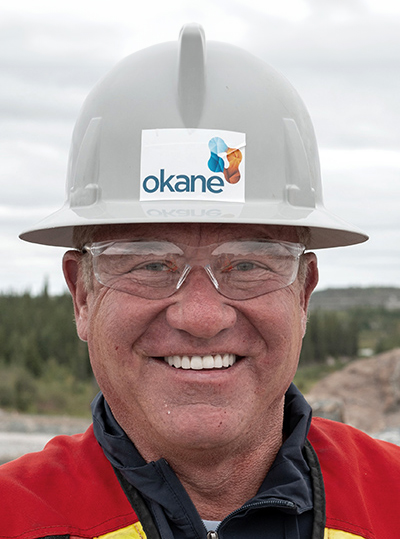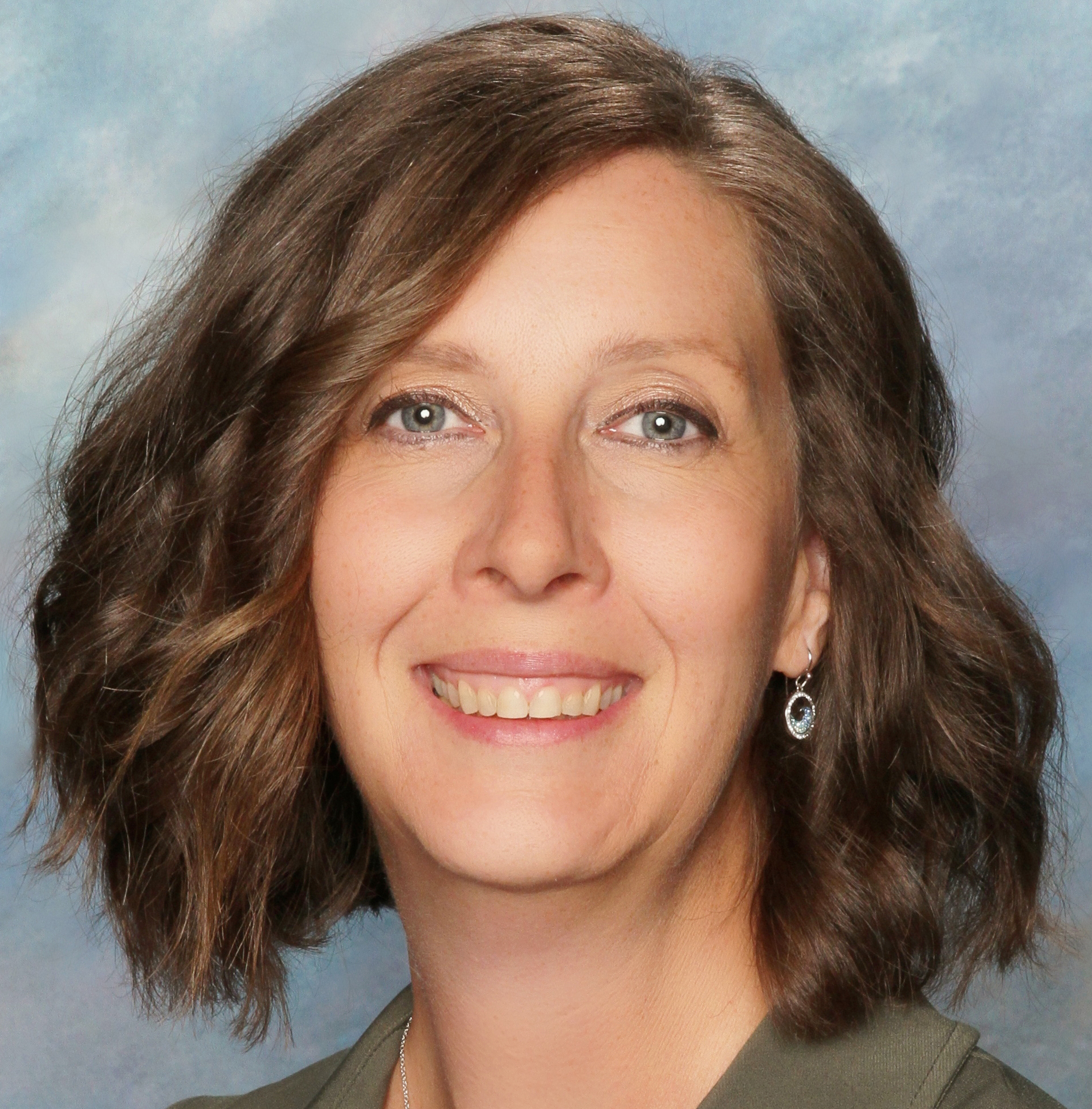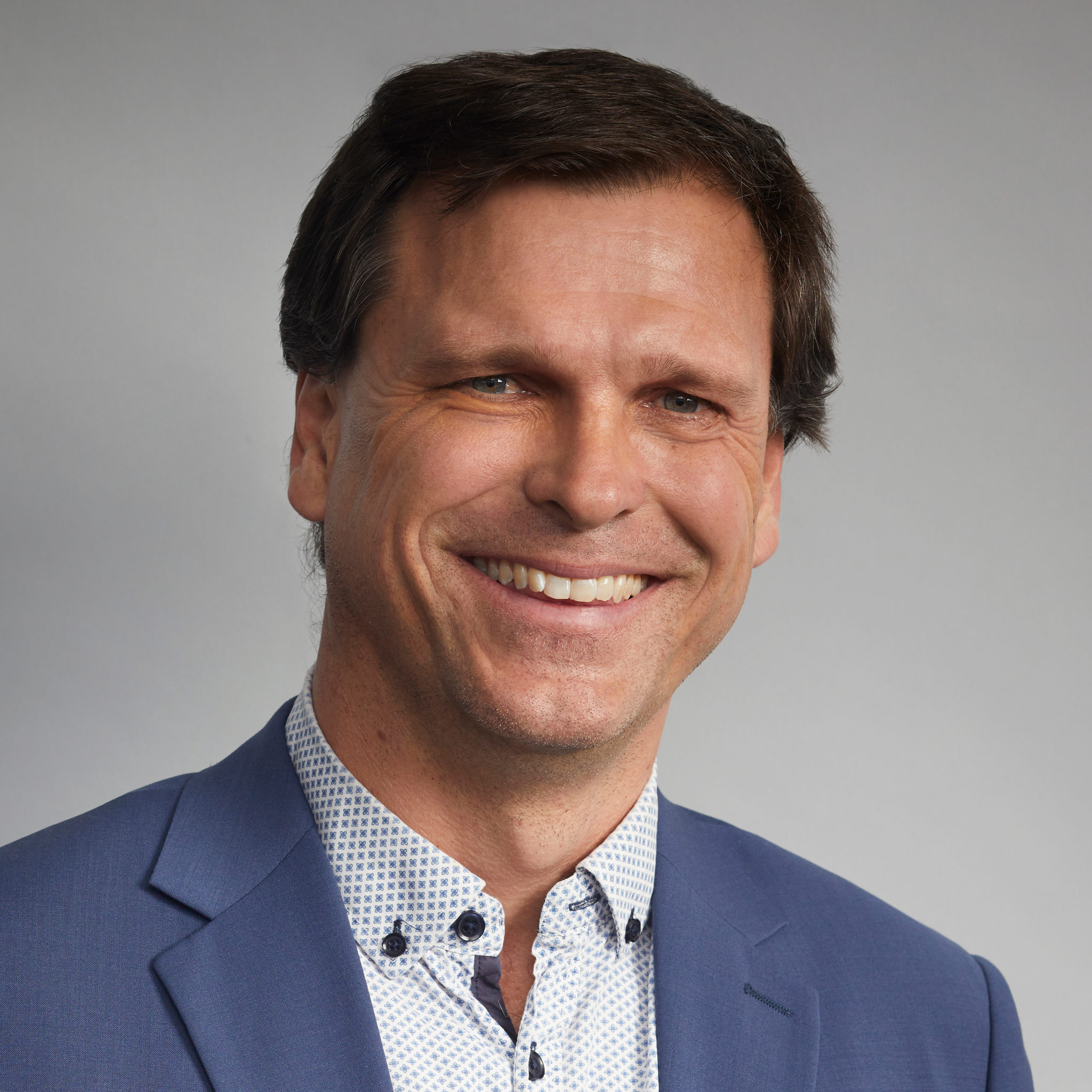Getting Closure: An LDI Podcast
Hosted by Mike O’Kane of Okane Consultants, the Getting Closure podcast uses the LDI’s 12 principles of landform design to explore the challenges presented by the current state of mine closure and reclamation and find innovative approaches to transforming the field into a sustainable and responsible practice.

Episode 15: HOW TO FIX A HOLE IN THE GROUND

In the final episode of the third season of Getting Closure, host Mike O’Kane explores some of the less conventional options for putting a worked-out mine to good use. His guest is
Peter Whitbread-Abrutat, co-author of 102 Things to Do With a Hole in the Ground and a leading proponent of progressive and sustainable mine closure. Illustrating his argument with examples from around the world, Peter makes the point that the solution to any mine-closure problem is probably already out there, somewhere — you just have to know where to look. Since 2014, Peter has been the director of Future Terrains, a team of reclamation specialists and landscape architects tasked with reclaiming degraded lands by enhancing environmental and social performance and promoting landscape restoration. Peter and Mike also talk about the lessons from the Eden Project, which, with Peter’s scientific guidance, turned what used to be a kaolin clay pit into the world’s largest indoor rainforest.
Episode 14: RESTORING LIFE THROUGH MINE CLOSURE

Much of the work involved in mine closure and reclamation might seem to be invested in handling earth, water, and waste. But as guest Christine Daly tells host Mike O’Kane in this episode of Getting Closure, reclamation is also about bridging the divide between engineering and biology and recognizing that successful mine closure can include “bringing something to life again.” At least half of the Landform Design Institute’s 12 principles of landform design specifically reinforce Christine’s dedication to restoring wildlife and vibrant natural lands, a passion that she buttresses with a commitment to the emerging development of co-reclamation or working cooperatively with Indigenous Peoples and local communities in achieving post-mining objectives. Fittingly, Christine began her career in environmental sciences, which followed a childhood experiencing great wonder with the natural world. Mike and Christine also discuss elements of the Institute’s newly released guidance document on creating a design basis memorandum, a critical component of ensuring landform design and mine closure and reclamation follow a preconceived vision agreed upon by all stakeholders with an interest in the welfare of the land.
Episode 13: FINDING CHAMPIONS FOR RESPONSIBLE MINE CLOSURE

For those listeners well versed in the mandate of the LDI, many of the ideas expressed in the latest episode of Getting Closure will sound familiar. Guest Guy Boggs is the chief executive officer of the Cooperative Research Centre for Transformations in Mining Economies (CRC TIME) in Perth, Australia, an organization that — like the LDI — is dedicated to examining and helping transform what happens economically, socially, culturally, and environmentally after mining ends. Ideally, all for the better. In essence, Boggs’ centre is about “changing the way we think about the closure process.” It’s more evidence of just how much the industry is evolving in sync with the LDI’s mission of making landform design routine in mining worldwide. Among the CRC TIME’s core discoveries in its research on responsible closure planning is the need to identify a champion. As Boggs tells host Mike O’Kane, sometimes that champion can come from unexpected places, like a group of Italian scientists looking for a place to house an underground dark matter research laboratory.
Episode 12: BE READY TO PIVOT

In the fall of 2019, as the Landform Design Institute (LDI) was starting up in Vancouver, Canada, Priscilla Nelson was organizing a likeminded organization in the United States. Launched in early 2020, The Tailings Center is an industry/university research and education collaboration between the Colorado School of Mines, Colorado State University, and the University of Arizona. The Center focuses on education, research, and outreach devoted to tailings and mine waste.
In the latest episode of Getting Closure, host Mike O’Kane talks with Nelson — a professor at the Colorado School of Mines and one of the American Society of Civil Engineers’ “Geo-Legends” — about the state of female involvement in the engineering profession and the importance of being able to “pivot” throughout one’s career in pursuit of the many possible directions your ambitions might lead you. They also talk about the need to set “reasonable expectations” in the mining industry, why communicating clarity and creating trust are essential to successful mine closure, and the challenges of convincing the industry to recognize the value not only of immediate financial priorities but also the social and environmental considerations inherent to the industry’s work.
Episode 11: LANDFORM DESIGN PRINCIPLES 9–12

The third episode of Season 3 of the Landform Design Institute (LDI) podcast, “Getting Closure,” is now available. In this episode, host Mike O’Kane explores principles 9, 10, 11, and 12 with Institute Founder Gord McKenna, concluding the three-episode discussion of all 12 landform design principles.
The pair explain why it’s important to follow every drop of water through the landscape (Principle 9), reclaim a mine progressively (Principle 10), plan for sustainable closure (Principle 11), and share the lessons of both failure and success (Principle 12).
In emphasizing the importance of providing the best possible landform design advice to practitioners, Mike conjures one of the most famous quotes by Oscar Wilde: “I always pass on good advice. It is the only thing to do with it. It is never of any use to oneself.” The implication of the phrase is that wisdom finds its true value when shared with others, a practice Mike observes is a key objective in speaking with the learned guests who come on the “Getting Closure” podcast.
Episode 10: GETTING INTO THE NITTY-GRITTY OF LANDFORM DESIGN
In the second of three episodes devoted to the Principles of Landform Design, Mike explores principles 5, 6, 7, and 8 with Institute Founder Gord McKenna, as the pair continue their investigation of how the principles will further the objective of making landform design a worldwide practice in the mining industry.
In the second of three episodes devoted to the Principles of Landform Design, Mike explores principles 5, 6, 7, and 8 with Institute Founder Gord McKenna, as the pair continue their investigation of how the principles will further the objective of making landform design a worldwide practice in the mining industry.
Episode 9: THE PRINCIPLES OF LANDFORM DESIGN 1–4
In the first of three episodes devoted to the Principles of Landform Design, Mike explores principles 1, 2, 3, and 4 with Institute Founder Gord McKenna, who hopes the principles will be adopted by the mining industry worldwide.
Season 3 PREVIEW
In a preview of Season 3 of Getting Closure, host Mike O’Kane, Co-Chair of the LDI’s Technical Advisors and a member of the Board, sits down with LDI Founder and Chair Gord McKenna to discuss why the 12 principles of landform design are so important.
Season 2
Episode 8: DOWN TO EARTH
Mark Swinnerton of Green Gravity discusses his insights on alternative land use potential for closed and legacy mines, but also planning for and creating renewable energy throughout the mine life cycle as part of closure planning. Mark’s perspective in this space is wide and varied as a result of the breadth of his incredible experience working in the mining industry for a large mining house, and really understanding how we influence investment in our industry and advance projects.
Episode 7: THINKING OUTSIDE THE BOX with LOIS BOXILL
Lois Boxill is a member of the LDI’s Board of Directors for good reason, not the least of which is a unique perspective on how to approach a wide variety of subjects involving mine closure — and her ability to apply ideas and experiences from farther afield to the tasks involved in landform design.
Episode 6: ANDY ROBERTSON’S LEGACY
Season 2 of Getting Closure continues to explore the principles and people behind responsible mine closure and reclamation, beginning with an interview with a giant in the field, Dr. Andy Robertson — the “R” in SRK consulting.
Season 1
Episode 5: KEEPING AN EYE ON THE FUTURE
Getting Closure heads to the Elk Valley in southeastern British Columbia for its first video episode to explore a mine that’s already embraced the basics of landform design. Mike talks with John Pumphrey, the president of North Coal, and Robert “Stubby” Williams, the company’s First Nations coordinator. They discuss how North Coal has prioritized collaboration, Indigenous and community concerns, and why they chose not to mine a particularly sensitive area.
Episode 4: LEARNING AND LEADING FROM THE LAND
Des Nedhe Group CEO Sean Willy.The first principle of landform design is mine with the end in mind and create a shared vision among the mine, local communities, and Indigenous peoples. In this episode, Mike O’Kane discusses how to turn that principle into practice with the help of Sean Willy, CEO of the Des Nedhe Group in Saskatchewan. Together they examine the value of Indigenous leadership and participation in closure planning, the changing nature of impact benefit agreements, and what true collaboration really looks like.
Episode 3: ASKING THE RIGHT QUESTIONS
Mike O’Kane interviews Corinne Unger, an Australia-based specialist in mine rehabilitation and closure planning who has undertaken research on abandoned mines and post-mining land use around the world and is currently working on her PhD. Their conversation, conducted over Skype between Calgary and Brisbane, covers the importance of good mentors, navigating an industry where women are usually in the minority, and trying to convince mines and regulators to incorporate a social dimension into mine planning.
Episode 2: FROM GEOCHEMISTRY TO HOCKEY … AND BACK
Mike O’Kane interviewed Mark Logsdon for the second episode of LDI’s new podcast series. Mark specializes in geochemistry and mineralogy, and has worked on some 250 mining projects during a career spanning almost 50 years. Geology, mentorship, the importance of visiting as many mines as possible, and even playing hockey against Ken Dryden, figured prominently in the discussion. Mark emphasized the need to develop communities of practitioners with varying expertise to solve problems together. Several more podcasts are planning for the coming months.
Episode 1: THE BEAVER
Mike O’Kane and Gord McKenna met Feb. 12, 2020, at the Fairmont Hotel of the Vancouver International Airport to record a conversation on the origins, goals, and plans of the Landform Design Institute. They called on their own professional histories, and exchanged several stories on approaches to landform design, to give listeners a sense of the urgency of supporting the Institute’s new approach to more responsible and sustainable mining and reclamation. Their conversation will be the first in a podcast series the Institute is planning to release in the coming months.